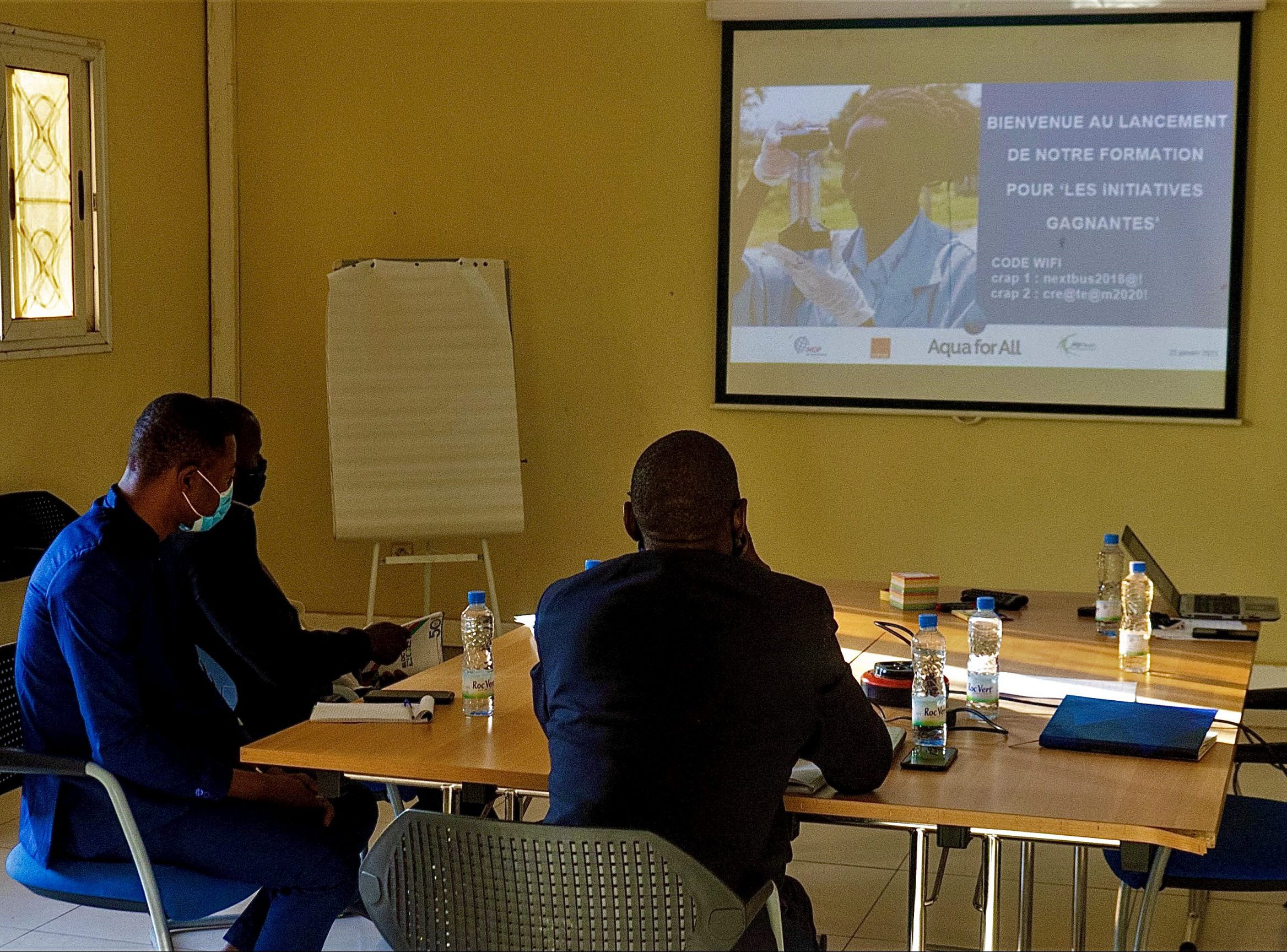There are enough Malian entrepreneurs with brilliant ideas on how to tackle the water and sanitation challenge. Some of their innovations become successful enterprises, like our partner Uduma. But a vast majority do not have the right means and tools to transform their ideas into products and pitch them to potential financiers, like Aqua for All. To respond to these needs, we launched the “Programme for Successful Initiatives (Programme Pour Les Initiatives Gagnantes)”, the first training for entrepreneurs in Mali. It will be held from 22 January to 24 February.
Access to quality water and sanitation services is an enormous challenge in Mali. 78% of the population has access to at least basic drinking water services while only 21% has access to basic sanitation services (2017 est).
As in many other African countries, access to water and sanitation relies on private service providers. However, thousands of people are left unserved. To bridge this service gap, more providers are needed, especially in rural areas and in low-income communities.
This 5-week programme aims at building the capacity of the participants behind eight innovative solutions addressing water, sanitation and IWRM challenges in Mali. Besides developing skills, successful participants get the opportunity to apply for funding from Aqua for All. The training is an initiative of Aqua for All, supported by MDF West Africa, Orange, Mali iNNOV and the Ministry of Foreign Affairs of the Netherlands.
Meet the entrepreneurs
From home-based rainwater harvesting to smart sanitation solutions, these innovators have the potential to become the next generation of successful Malian water and sanitation entrepreneurs:
1. Transforming waste into biogas
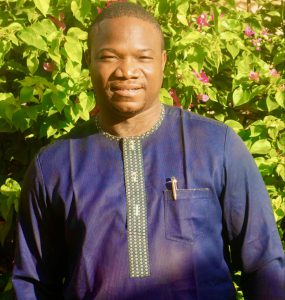
Prudence Daignon represents Katura International, an organisation tackling the waste challenge to preserve Niger River in Bamako. The river is heavily polluted because of liquid waste, especially sewage sludge and slaughterhouse by-products. Together with BORDA and the Malian Government, Katura International is managing a decentralised wastewater treatment plant coupled with a biodigester in Sabalibougou. They are introducing innovative technologies to recover and recycle the waste collected from the Niger River, and to turn it into biogas “Made in Mali”.
Through this training, Prudence wants to gain skills to effectively improve waste management by strengthening the development of the renewable energy activity, and to reach out to potential funders to sustain the business in the long term.
2. Introducing home-based solutions to improve wastewater management
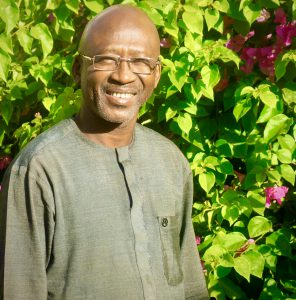
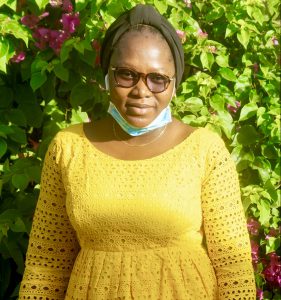
Mallaye Sidibe and Mantenin Rokiatou Sidibe want to introduce wastewater treatment at household level in the outskirts of Bamako. They established GIE Ville Propre, a group of local waste collectors, that works with CoGeNet. Mallage and Mantenin will use the ‘Bogoret’ innovative septic tanks, created by Malian inventor Diango Cisse, to treat faecal sludge at home. CoGeNet will contribute to improving the living environment of vulnerable populations by controlling liquid waste and preventing diseases that are linked to poor wastewater management.
To kick-start operations, Mallaye and Mantenin need start-up financing. They want to get skills to translate their business plan into an attractive investment proposal during the training.
3. Combating food insecurity and water scarcity with aquaponics


Amadou Diakité and his sister Ramata run a family business. Their aquaponic farm combines aquaculture and hydroponics and does not use pesticides or fertilisers. The farm reuses water which has led to reducing water consumption by 80% to 90% as well as energy use. The farm’s eco-efficient agricultural approach effectively overcomes water scarcity, which is common in Mali. Furthermore, it contributes to food security by offering healthy crops throughout the year. Amadou and Ramata have been developing their ideas using online resources and videos. They used their funds to start a pilot at home. But they need more funds for a larger pilot to expand their farm. Amadou and Ramata are participating in the training to learn how to approach potential funders.
4. Introducing the first portable toilets for events and traditional markets in Bamako
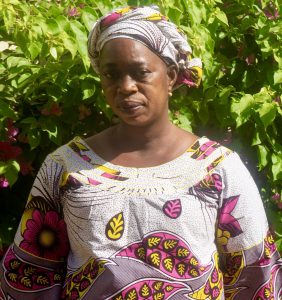
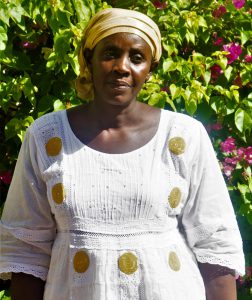
Millions of Malians do not have access to improved sanitation and 7% still practice open defecation. Besides, events in Mali are usually organised without the provision of (enough) sanitation facilities. To solve this challenge, Namadou Djiguiba and Kadiatou Coulibaly created Toilettes Mobiles, which is the first company in Bamako that offers portable toilets for social gatherings and markets. Toilettes Mobilles will increase the availability of public toilets and will contribute to reducing open defecation. During the training, Namadou and Kadidia want to learn skills to adapt advanced technologies to a traditional market. Toilettes Mobiles needs an awareness raising strategy to engage the community to solve this problem together.
5. Promoting a total market approach for sanitation
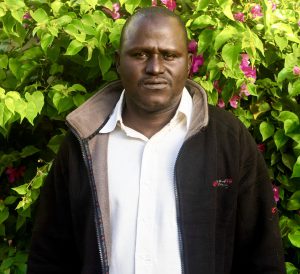
Ismaïla Diarra and Boureima Maiga represent PSI, an organisation working towards developing a sanitation market in rural Mali by using a total market approach. PSI cooperate with local private operators to create demand for improved sanitation services in rural communities and introduce a range of sanitation products, including the SaTo Pan toilet. Developing a sanitation market will also contribute to creating jobs in rural areas (sanitation promoters and private operators) and improving the living conditions. Ismaïla and Boureima want to learn how to transform their idea into a business model and ensure long-term commitment from entrepreneurs.
6. Innovative rainwater harvesting system to provide drinking water in Sikasso, Mali
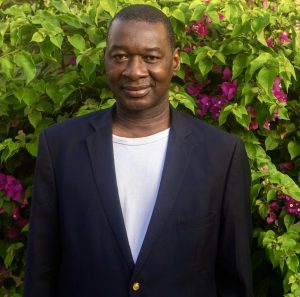
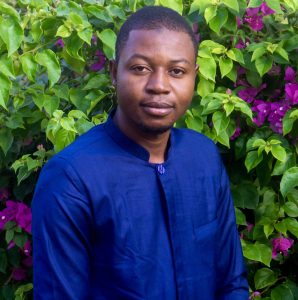
Youssouf Bamba and Michel Bengaly developed GR2D Rainwater. This is a rainwater harvesting system at home that collects water for drinking or an economic activity. Harvested water during the rainy season can be used to reduce water scarcity during the dry season, Youssouf and Michel plan to test GR2D Rainwater in Kolondiéba, a rural community in the Sikasso region, and build a business case for drinking water. Through the training, they want to gain skills to build an efficient, low-cost model for an income generating activity in a rural region.
7. Improving pit emptiers working conditions through innovation
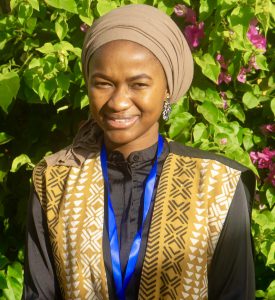
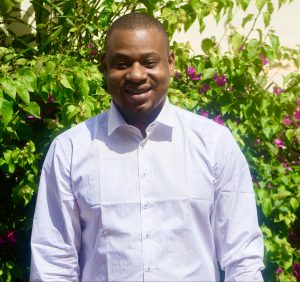
Improving pit emptiers’ working conditions prompted Adama Cissoko and Awa Keita’s organisation ASALIP to develop innovative, (semi)–mechanised emptying technologies. Pit emptiers are directly exposed to faeces which brings health risks. In partnership with BORDA, ASALIP aims to test different pit emptying tools to find the best solution that can make the emptying process more cost-efficient, can avoid emptiers’ contact with faeces and can be adapted to the local needs. During the programme, Adama and Awa want to learn how to create a business model once the technology is fully developed.
8. Low-cost water treatment system to provide drinking water at affordable prices
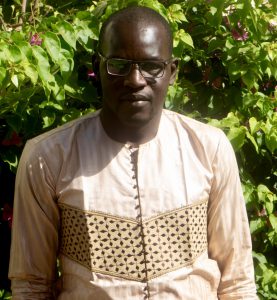
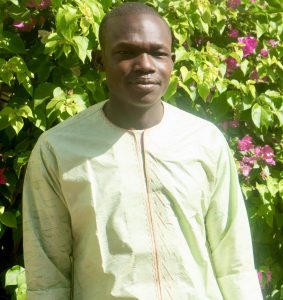
Mahama Tereta and Karim Doumbere were looking for ways to transform the water of the Niger river into safe drinking water in a cost-effective way. They established FLS Sarl, a water filter company that uses SchumutzDeckEau. This is a hydraulic structure for producing drinking water through slow sand filtration. This drinking water treatment system is easy to design, low-tech, and inexpensive to implement, using local materials (sand and gravel) that are available everywhere in Mali. As a result, drinking water becomes affordable, especially for low-income populations. Mahama and Karim want to get skills to present their business plan to potential funders, like investors, banks or donors. They also want to develop an affordable after-sales service strategy to secure a sustainable future for the filter.
